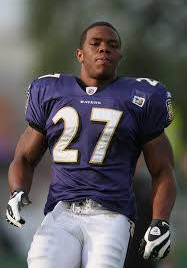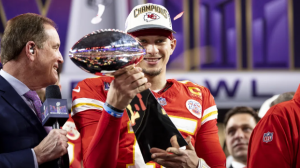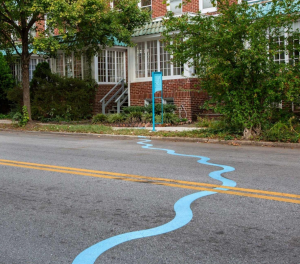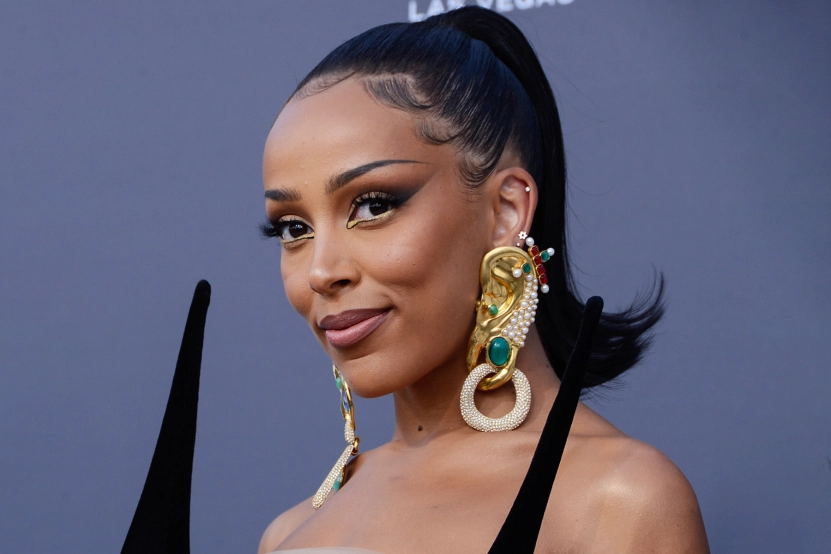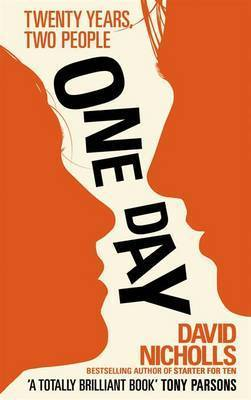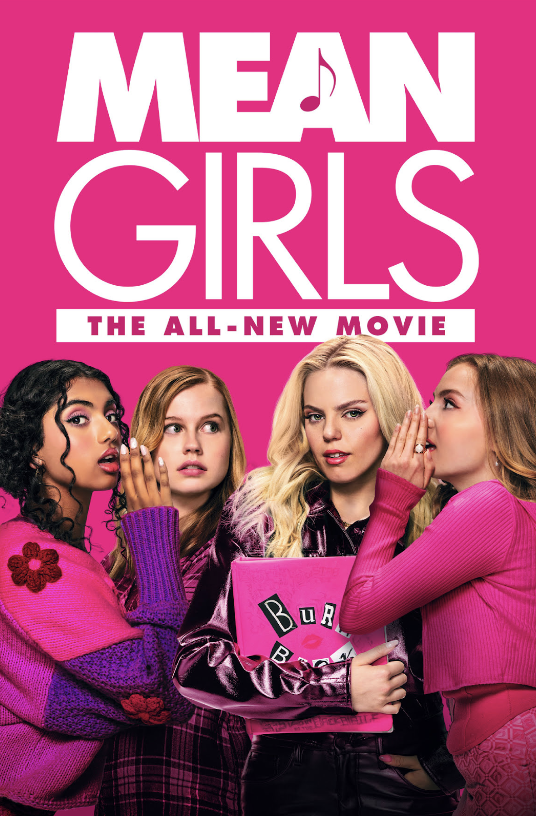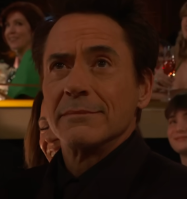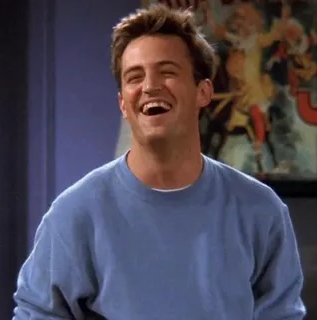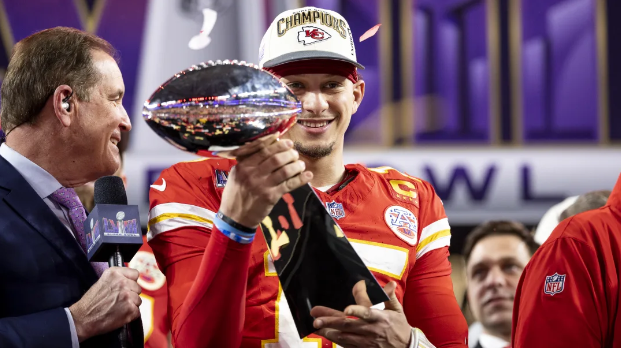Celebrity success stories often begin with an underdog, or someone with immense talent who remains undiscovered until their big break. As the popularity of a celebrity begins to skyrocket, their fan base grows, in many cases, obsessive. In these scenarios celebs begin to prioritize privacy or lash out. This phenomenon is evident with Britney Spears. Her head-shaving incident made headlines. Being continuously harassed and simultaneously idolized creates a very unstable environment which causes these incidents. The formerly idolized pop-star Doja Cat may have also shaved her head, but she faces controversy with a smile, strutting her way through a semi-problematic rebrand which has many heads turning.
Doja Cat’s fame was kickstarted by her singles featured all across Tik Tok. The catchy song “Say So” was picked up by several famous creators, who used a soundbite from the song for a dance that caught on worldwide. Doja Cat’s music persisted through the COVID pandemic, only gaining popularity with the release of the album “Planet Her.” Doja’s shows were well attended and successful as well. She often performed her songs with the corresponding dance with an indulgent look on her face. The fans loved it. Critically, her music was very well received. It seemed there was a new star on the rise.
Her fans, the self-proclaimed ‘kittens,’ praised the work she did with fervor. Her chaotic accounts on social media only endeared fans to her further. The backlash began when Doja called out the obsessive, and frankly strange behavior that fans develop, especially naming themselves. In a tweet she said those who called themselves ‘kittenz’ should “get off your phone and get a job.” This comment was met with many fans calling her ungrateful, citing that she would be nowhere without her fans. She argued that she didn’t know them or owe them anything. Since this all transpired she has lost over half a million followers.
Approaching this ordeal she faced more than just a little backlash. Many claimed she was mentally unstable due to ‘erratic behaviors’ such as shaving her head, and developing a tonsil infection from her consistent vaping habit. Not to mention her prosthetic cat look at the Met Gala or her all-red crystal look at a spring fashion event. The more radical of her new haters made claims about her worshiping the devil or selling her soul for fame.
Seemingly in response to these comments about her so-called “downfall,” Doja released her single “Attention.” The single was met with great success, though it moved further away from her original pop persona. Provocative lyrics about her right to fame and appearances scared some fans off, but many were pleased by the lyrics and partial genre shift. Following shortly after, Doja’s single “Paint the Town Red,” was also met with success. Featuring even more lyrics mentioning her fame and her supposed ties to the devil, the single set the tone for Doja’s second wave. The drama that went along with this new group of music also proved to be a motivator for listeners. Many noted that despite the boundaries she set with fans, and how much they wished to blacklist her, the music was undeniably good. “Demons,” which was released shortly after, was the culmination of this group of singles. The music video included disturbing images involving Doja dressed up like a demon as well as many frames paying homage to classic horror movies.
This solidified for many Doja’s downfall, her artistry too graphic or problematic for many to digest. However, others praised her ability to play into criticism and not take herself too seriously. Similarly, while many take her comments about her fans as offensive, others see it as a healthy boundary that she set up for her own health. Too many celebrities fall victim to the obsessive fandom that comes with fame, so maybe Doja has got the right idea.



